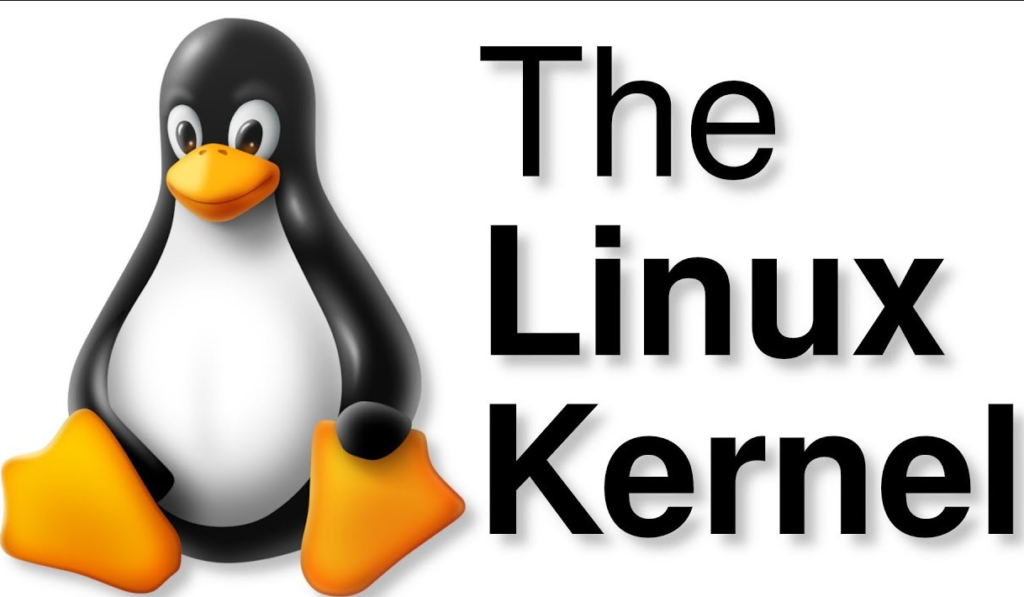
Introduction
The Linux kernel remains the backbone of numerous operating systems, from Android devices to enterprise servers and supercomputers. As technology progresses, the latest Linux kernel versions bring performance improvements, enhanced security, and expanded hardware support. The rapid evolution of the Linux kernel in 2025 reflects its adaptability to modern computing demands, addressing efficiency, security, and compatibility challenges.
Enhancements in Performance and Scalability
One of the most significant aspects of the latest Linux kernel update is its improved performance and scalability. Several refinements have been introduced to optimize resource management, reduce latency, and enhance multitasking capabilities.
- Improved Scheduler
- The Completely Fair Scheduler (CFS) has been optimized to improve responsiveness, particularly in real-time and low-latency applications.
- Enhanced CPU load balancing ensures better performance across multi-core processors, reducing context-switch overhead.
- Memory Management Improvements
- The introduction of refined memory compression techniques reduces RAM usage without compromising speed.
- Enhancements in swap management allow for better efficiency in handling large workloads.
- File System Upgrades
- Updates to Btrfs, XFS, and EXT4 file systems have improved data integrity and performance.
- Faster read/write operations cater to the increasing demand for high-speed storage solutions, particularly in cloud computing and data centers.
Security Enhancements
Security remains a paramount concern, and the latest Linux kernel addresses various vulnerabilities while introducing robust security mechanisms.
- Kernel Self-Protection Project (KSPP) Enhancements
- Strengthened mitigation strategies against kernel exploits, including buffer overflow and privilege escalation attacks.
- Improved stack protection mechanisms to prevent unauthorized memory access.
- Enhanced Secure Boot Integration
- Better compatibility with Unified Extensible Firmware Interface (UEFI) secure boot, ensuring a safer booting process.
- Strengthened cryptographic signing methods for kernel modules to prevent tampering.
- Memory Safety Enhancements
- The introduction of kernel-based memory tagging to detect memory corruption.
- Better enforcement of Control Flow Integrity (CFI) to mitigate return-oriented programming (ROP) attacks.
Expanded Hardware Support
With the increasing complexity of modern computing hardware, the latest Linux kernel introduces extensive support for new devices, processors, and architectures.
- Processor and Architecture Enhancements
- Optimizations for the latest ARM, RISC-V, and x86 architectures improve efficiency in embedded systems and high-performance computing.
- Native support for the newest Intel and AMD processors, ensuring better energy efficiency and computation power.
- GPU and AI Hardware Acceleration
- Improved support for NVIDIA and AMD GPUs with enhanced open-source drivers.
- Better integration of AI accelerators and tensor processing units (TPUs), optimizing deep learning workloads.
- Peripheral and Networking Improvements
- Expanded compatibility with high-speed networking hardware, including 5G and Wi-Fi 7 technologies.
- Enhanced USB4 and Thunderbolt 4 support, allowing for faster data transfer rates.
Integration with Cloud and Containerization Technologies
The growing adoption of cloud computing and containerization necessitates improvements in Linux kernel functionalities related to virtualization and container security.
- Enhanced Virtualization Support
- Optimized KVM (Kernel-based Virtual Machine) performance ensures efficient virtualized environments.
- Improved I/O passthrough capabilities for cloud-based applications.
- Container Security and Performance
- Strengthened Linux namespaces and cgroups to improve process isolation.
- Enhanced security policies for Kubernetes and Docker environments to mitigate container escape vulnerabilities.
Future Prospects of Linux Kernel Development
The continuous evolution of the Linux kernel is driven by technological advancements and the growing needs of users and enterprises. Future developments are expected to focus on:
- AI-Driven Kernel Optimization
- The implementation of machine learning algorithms to optimize kernel performance dynamically.
- AI-based anomaly detection for proactive security measures.
- Quantum Computing Integration
- Exploring compatibility with emerging quantum computing architectures.
- Developing hybrid quantum-classical processing frameworks within Linux environments.
- Sustainability and Energy Efficiency
- Improved power management techniques to reduce energy consumption in data centers.
- Green computing initiatives that optimize resource allocation for environmentally friendly operations.
Conclusion
The latest Linux kernel advancements in 2025 signify a new era of efficiency, security, and compatibility. These developments ensure that Linux remains the preferred choice for diverse computing applications, from embedded systems to high-performance computing. As the Linux community continues to innovate, the kernel will undoubtedly play a crucial role in shaping the future of technology.
